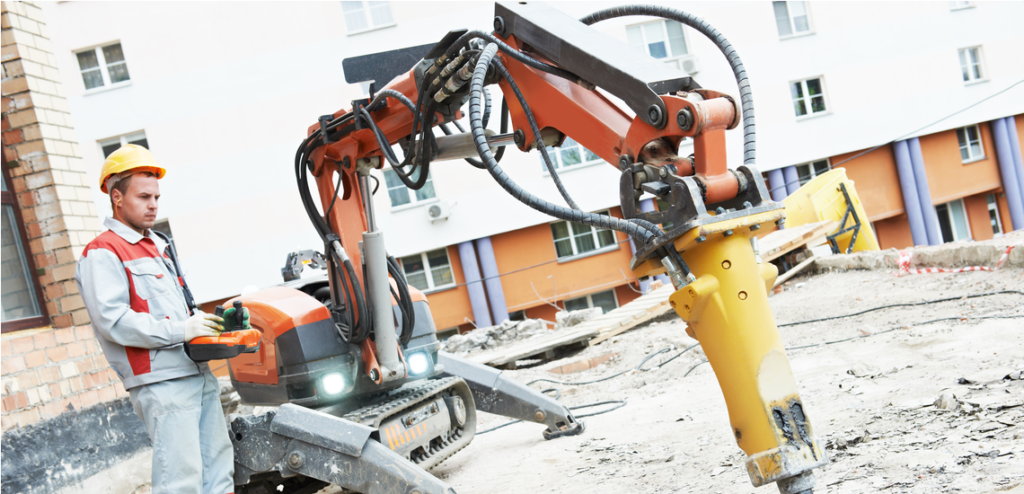As we prepare for the Brisbane 2032 Olympic and Paralympic Games, the historic trend of cities going well beyond their budget is in the front of taxpayer’s minds. However, compared to previous Olympic and Paralympic Games, the fast development of artificial intelligence (AI) and machine learning can be utilised to help Brisbane deliver the Games more efficiently.
Why do the Games typically go over budget?
There are several main factors that influence the ability for the Games to be delivered within the original budget. Firstly, the long planning horizon leaves little room for variables. Disruptions like climate events, changing costs of labour and materials, and global events such as terrorist attacks can all be difficult to account for over a ten-year timeframe. These impacts can significantly increase cost, especially for long term infrastructure projects.
Another factor is the lack of flexibility in the constraints or the timeframes of infrastructure projects. The event stadiums and venues must suit the global regulations for each sport. Changes to existing infrastructure and new infrastructure developments must adhere to regulations and the timeframes set out for the Games. Key dates cannot be moved for unforeseen emergencies, meaning that there is no ability to trade off budget to maintain a project’s schedule. In Australia, nine out of ten infrastructure projects go over budget, and many face time delays. With more time pressure and higher expectations than traditional infrastructure projects, the Games infrastructure poses many challenges.
A new way of delivering
Brisbane has a unique advantage given that these issues are now being met with cutting-edge solutions in AI and machine learning. Key impacts such as natural disasters or cost of materials can now be predicted using sophisticated data analysis through machine learning. This is one of the strongest skills of AI, as it can analyse historical project data dynamically. This can be done to create project plans for mega projects like the infrastructure Brisbane will need for the Games.
The dynamic features of these projects can also be monitored and managed with AI, to ensure that resources, equipment and materials are adjusted to fit real time factors. This allocation technique can reduce waste, deliver efficiencies and optimise progress with projects as factors change. This also helps address labour and material shortages that are common in slowing project delivery.
Reaching new levels of analysis
Risk can be predicted and mitigated faster and more accurately with AI, allowing infrastructure projects to dynamically problem solve. The ability for AI to predict patterns using enormous amounts of data provides a more accurate and efficient delivery method than even the most skilled experts. Faster project insights that predict the influence of unplanned events allows for better delivery throughout the lifecycle of the project delivery. AI can also create multiple project plans for different risk factors and coordinate them. This ensures that there are fewer surprises in the project and delivery is on time and budget.
While the data for this level of analysis does take time and resources to collect, up until 2032, there is ample time for collection of historic Games data to plan appropriately for infrastructure projects. There is also confidence that in this time, the technology will continue to become more powerful, accessible and efficient. The increasing sophistication can be utilised to prevent the cost overruns in these infrastructure projects, for the Games and beyond.
Improving safety for all
AI can also be used to improve the safety of infrastructure project sites. Cameras, drones and sensors can analyse data in real time and catch safety hazards and design flaws. For example, sensors can predict and flag if emergency exits are blocked by hazards. This can help save time and money by allowing for early detection, better protecting people on site.

Another way AI can make infrastructure projects safer and more efficient is by using it to train workers. Virtual training and simulation can quickly upskill workers. This can happen remotely, cutting down on cost and allowing workers to be highly productive. By immersing workers in realistic scenarios, AI-based simulations can improve their safety awareness, response time, and decision-making skills. This ultimately reduces the likelihood of incidents.
But, nothing beats human expertise
While AI is an important tool, it will not replace human expertise and oversight during these major infrastructure projects. It is to be used in conjunction with industry experts to help deliver key infrastructure projects more efficiently, on time and on budget. Importantly, Brisbane will be ready for a successful Games with great infrastructure delivery as a legacy for the city.





